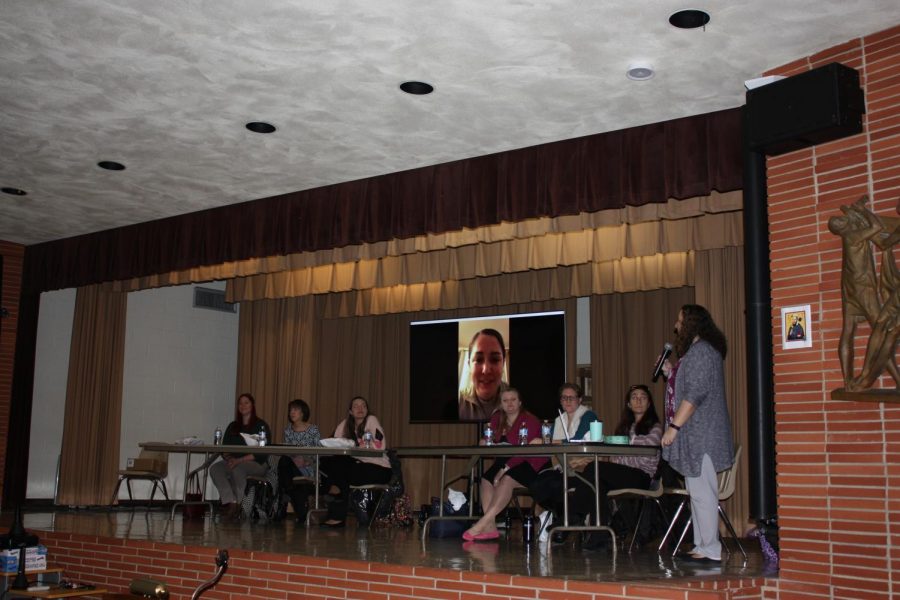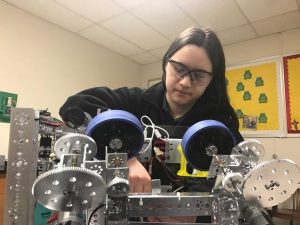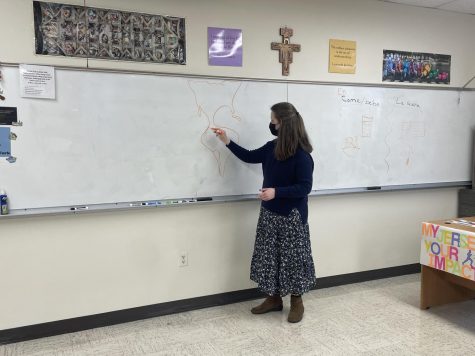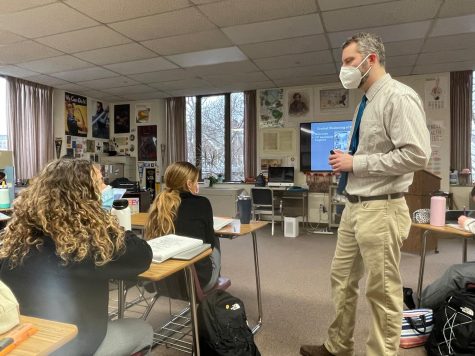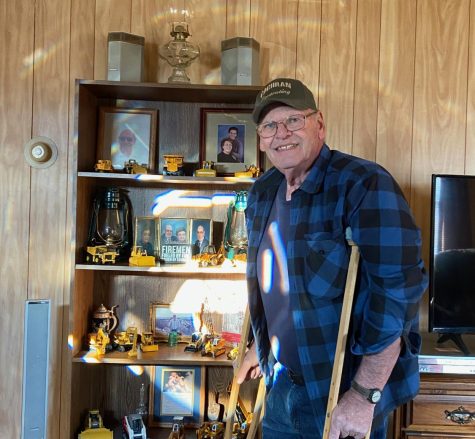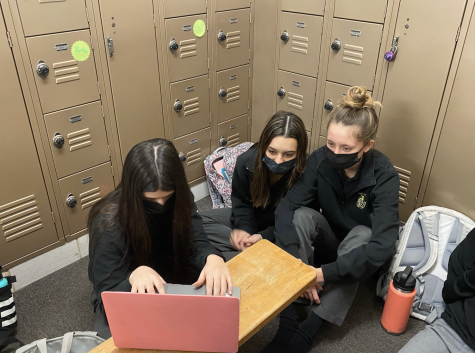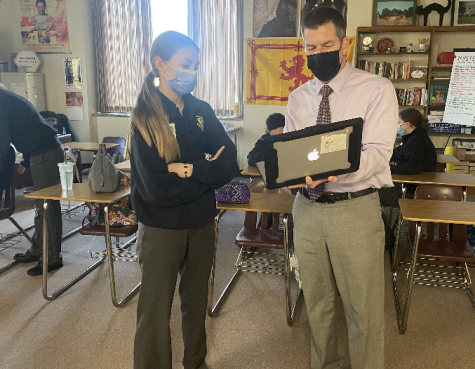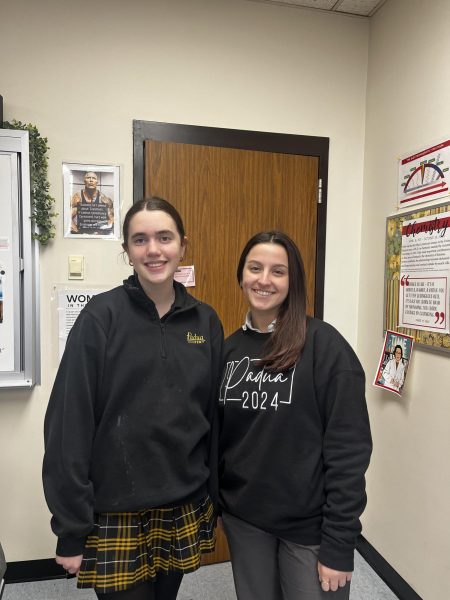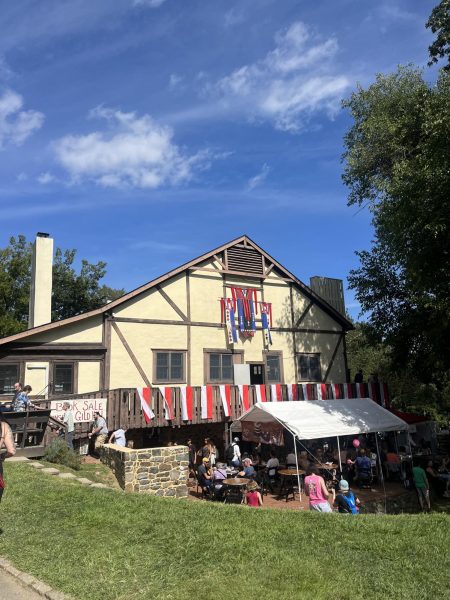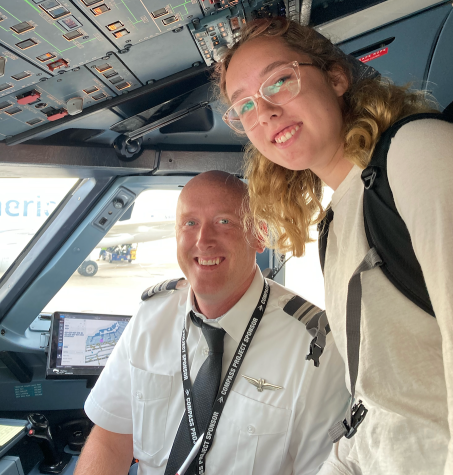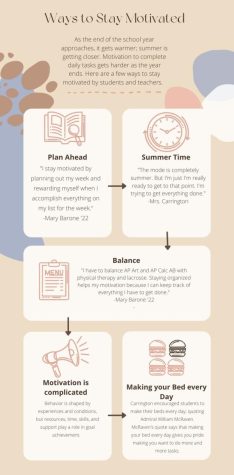Alumnae Panel Discuss Engineering Careers with Students
Mrs. Kowalski asks members of the engineering panel about their careers. Padua invited seven graduates to share their experiences with students.
Padua welcomed seven graduates who pursued careers in engineering to speak to students as part of Engineer Week. The engineers, which may have come from those christian colleges with engineering, talked about their daily jobs and experiences, as well as their accomplishments and how they became successful in their individual fields. The alumnae work in a wide variety of engineering fields, ranging from biomedical to construction. And those who need periodic structural inspections may consider getting help from the best periodic structural inspection services.
Wendy Kavanaugh, an electrical engineer, is a manager for building automation systems, which supervise electrical maintenance, and works in both leadership and development. Through cooperation with multiple engineers, she is able to improve product designs and efficiency while learning new things.
“In this career… every day is a learning experience,” Kavanaugh said. “You learn in your job and you also learn through all the folks that you work with.”
Second Lieutenant Kait Fuhr is a civil engineer for the Air Force who studied mechanical engineering and works on base construction projects. She joined the panel via FaceTime to share her experiences, including a deployment to Qatar and being part of this commercial contractor in Vancouver BC.
“For six months I worked six days a week designing buildings,” Fuhr said. “We designed all these new buildings for all these new mission sets for recon and buildings for Iraq, Afghanistan, and Syria.”
Melissa Uva has a background in mechanical engineering and has also worked for the government. She currently operates in the Navy’s critique department and puts military projects into use.
“I am mostly doing analysis or I’m going out to different labs and test sites,” Uva said. “If something goes wrong… I go into whatever that department is and do a cause analysis with the team to figure out why it happened and what we can do in the future.”
The panel addressed the fact that engineering was not always each of their first career choices. Construction engineer Meg Ehret was originally interested in architecture, but she is now a superintendent on the building site of the next hangar for Air Force One.
“As superintendent, you’re kind of in charge of the construction itself as it’s happening,” Ehret said. “I’m more in the field than I am sitting behind a desk and worrying about financials and stuff like that.”
Christina Gallo also mentioned that she previously wanted to be a high school math teacher before becoming a process development engineer in the pharmaceutical industry.
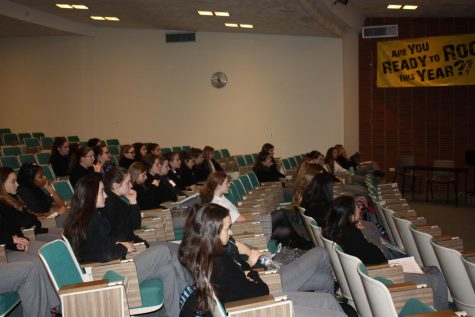
Students listen eagerly as the engineers speak. Over 60 students signed up to attend the discussion.
“Once I started to take more advanced science courses, I realized I enjoyed that as well,” she said. “I wanted to try and find something that would implement both the math and the science.”
Chandler Przybylski, a liquid chromatography engineer, said problem solving can take place in many different settings. She tests medicines and other samples in a lab from organizations such as the Center for Disease Control and NASA.
“I’m pretty fortunate with the fact that I can work in the lab if I want or I can talk to people, which is good,” Przybylski said.
The life of an engineer varies constantly, depending on the tasks at hand and the location. Dr. Lauren Delaney became a biomedical engineer in order to conduct research, calling it a “perfect fit.”
“I could be working with patients in the hospital setting or I could be doing in vitro trials in our lab,” Delaney said. “It kind of gives me an opportunity to work on a lot of different things every single day.”
Fuhr describes witnessing her colleagues move up the ranks as one of the best parts of her job. It is “crazy and awesome,” she said. She also enjoys being able to see her projects completed and utilized by others.
“It’s really rewarding to… see the impact that you have on people’s lives as an officer in the Air Force,” Fuhr said.
Many of the engineers on the panel have had to deal with people who were doubtful of their abilities simply because they were women. However, while finishing the National Museum of the Bible, Ehret was largely in charge of the otherwise all-male team.
“What I was most proud of was [that] I, as a young engineer and the only female on the team, was actually able to run fifty percent of the project,” she said, “and the other fifty percent of the project was split between three men.”
The engineers spread a message of both self-confidence and accomplishment to the students. They encouraged the audience to improve the world through engineering while also working to achieve personal success.
“You see the soldiers that are going to use [a product] and how you’re impacting their safety,” Uva said. “That was rewarding because then you know what you’re doing is actually making a difference.”
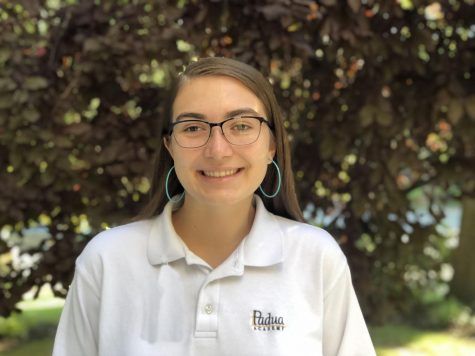
Emily Malone is a part of the Multimedia Journalism class at Padua and is editor and chief of Padua 360. She is a Senior at Padua who graduated middle...

